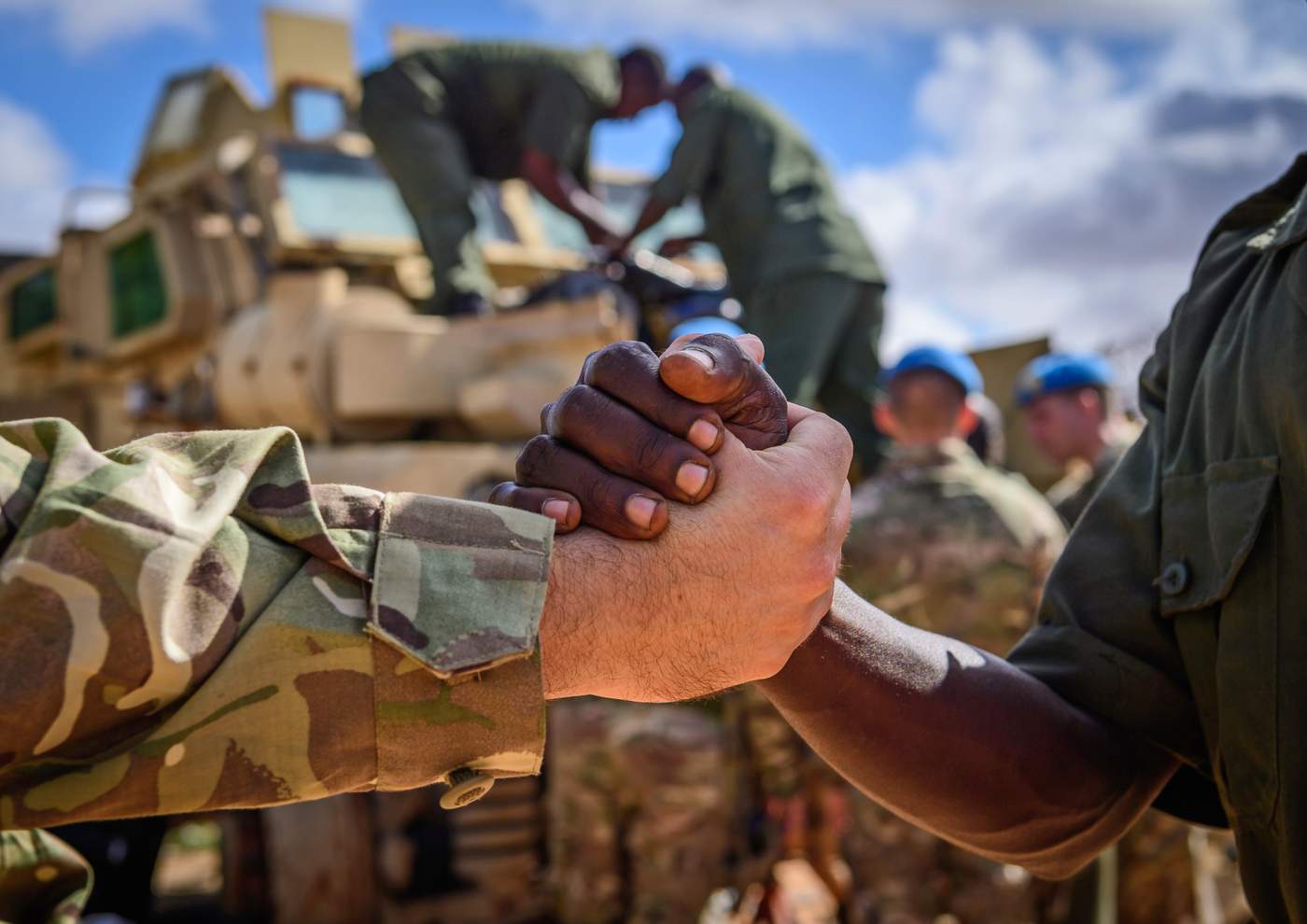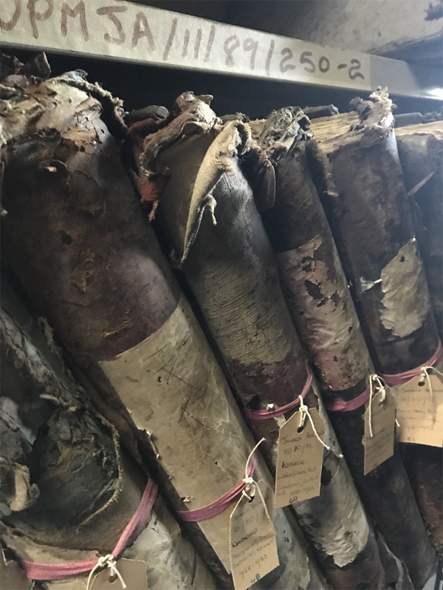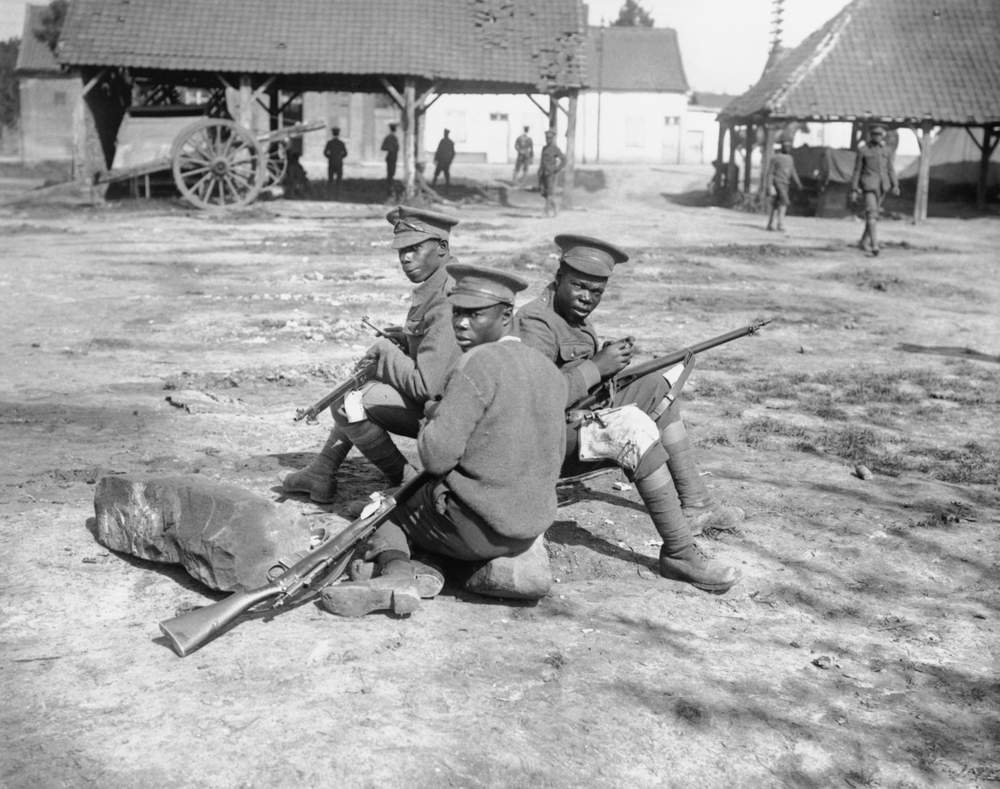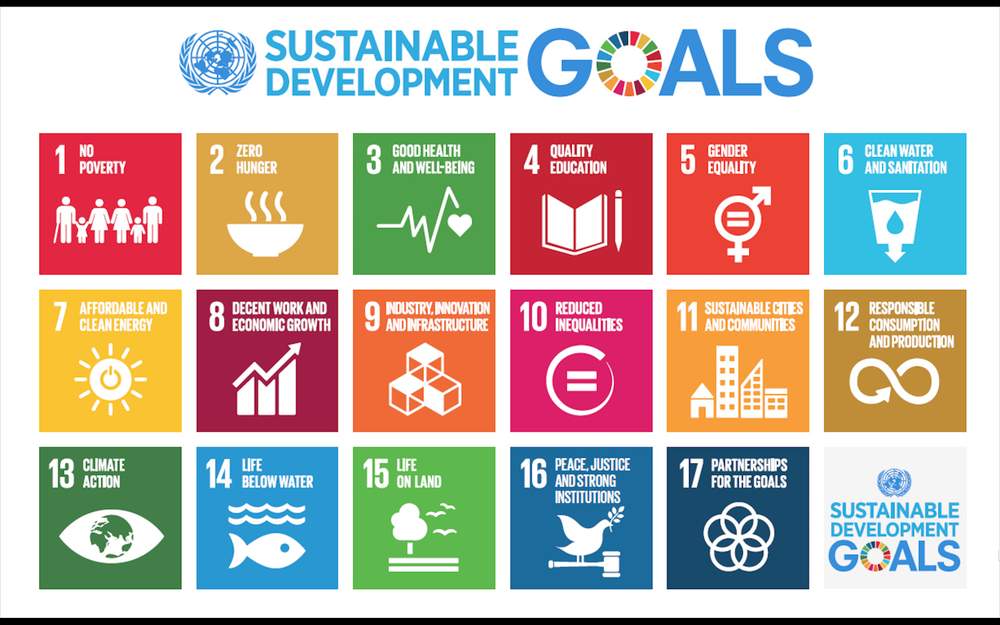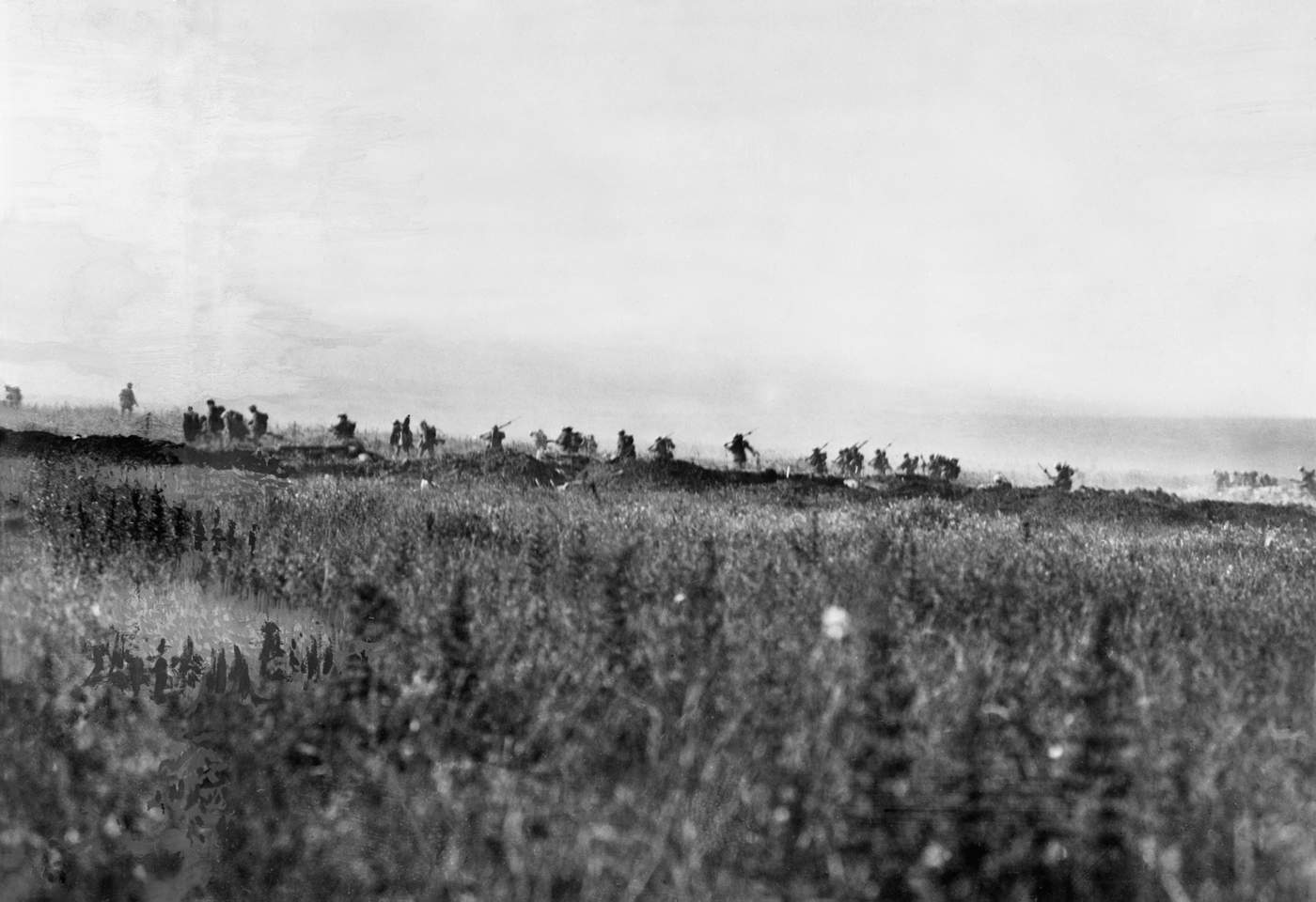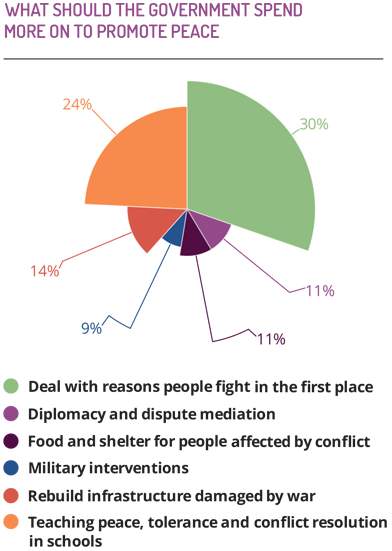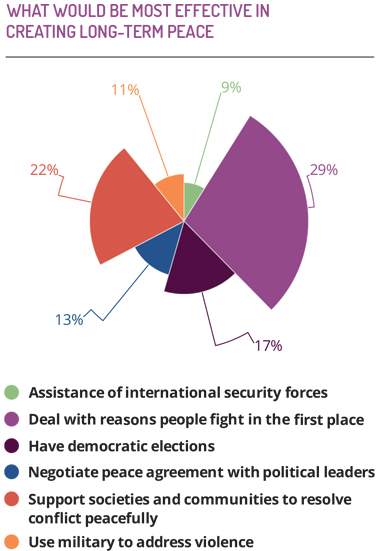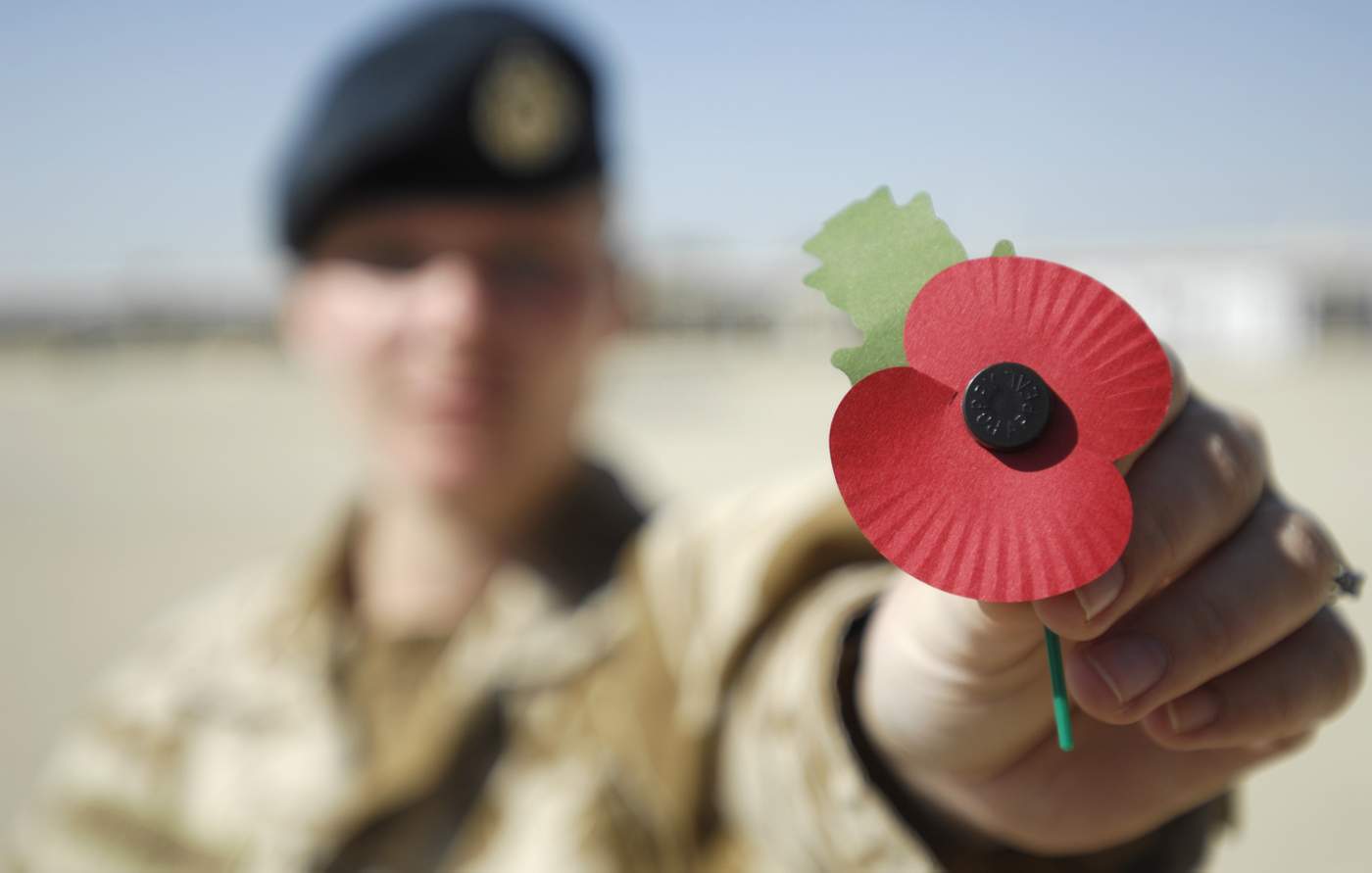11 November 2018 marks the 100th anniversary of the signing of the armistice that ended the First World War.
The British Council is exploring themes of conflict, international friendship and cooperation from 21 September (International Day of Peace) to 11 November (Armistice Day).
Discover more about how the British Council is helping promote friendly knowledge and understanding, peace and stability.
They Shall Not Grow Old: the reality of the First World War
They Shall Not Grow Old is a new film by award-winning film director, Peter Jackson, which has been co-commissioned by 14-18 NOW and the Imperial War Museums in association with BBC.
Jackson’s brilliant eye and personal fascination with the era give contemporary audiences an up-close view of the Great War in sharp focus and intense detail.
Created from archive audio and film footage, Jackson has used cutting edge technology to bring to life original black and white material, showing the reality of war on the front line.
To engage young minds in the human experience of war, the British Council has worked with 14-18 NOW's Learning Team to develop an educational resource. The resource, inspired by Jackson’s film, aims to provide students from the UK and beyond with a unique perspective of conflict.
Throughout 2018, the British Council has been sharing learning and experience of conflict and peacebuilding, as well as approaches to remembrance and artistic reflections on war.
This gives us the opportunity to reflect on how contemporary conflict could be addressed and the role cultural relations can play in building sustainable peace in environments emerging from conflict.
Educating young minds
Our cross-curricular classroom resource aims to help 7-14 year olds across the world explore concepts of peace and conflict resolution, better equipping them to succeed in an ever globalised world.
The teacher's resource, Remembering the Battle of the Somme, contains topics and experiences from those across the Commonwealth and educates children on The War.
The lessons and activities, anchored by Peace and Armistice, should help students reflect on The War and how they would handle difficult scenarios in their own lives.
Engaging the next generation
The Next Generation studies series examines how changing social and political landscapes affect the way young people live, how they view their lives now and in the future.
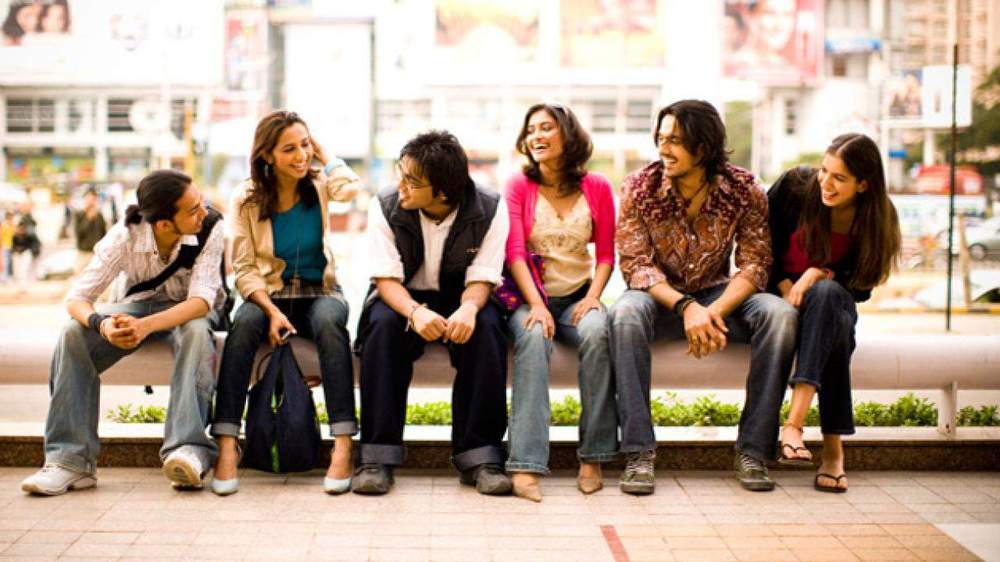
The research projects examine young people’s views around education, employment, and lifestyle, as well as uncovering their hopes and fears for their country and wider world.
To mark this season, new research will be published from Colombia, with young people reflecting on the recent peace accord, and a piece from Ireland-Northern Ireland, 20 years after the Good Friday/Belfast Agreement.
Learn more about our work in peacebuilding:
Read our Unwritten Poems piece.
Learn about our work with the Next Generation studies series.
Teachers can download and use our classroom resources on the First World War.
